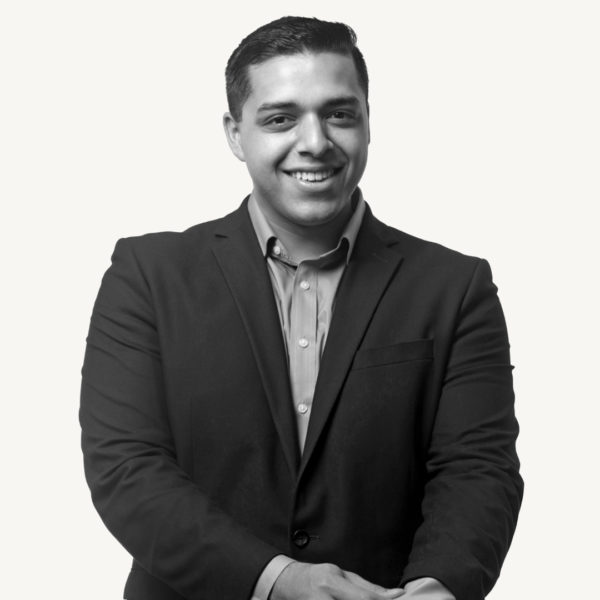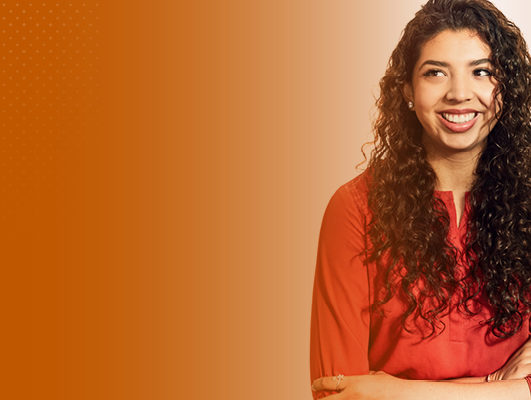Steven Santoyo is a community builder, an advocate, and most importantly an optimist. Even in the face of difficult challenges, he is committed to bringing out the best in people.
A first-generation college student from Dallas, Steven says the positive male role models he had transformed his life. “My baseball coaches and my father and my teachers who looked like me, they really made the difference and inspired me to never stop, never quit,” he says.
After graduating this year from UT, Steven will return to Dallas as a positive male role model himself, hoping to connect especially with students from underserved, minority communities. He plans to give back to his community, teaching middle school with Teach for America DFW.
His message to his future students: “‘I believe in you.’ Those words can change a kid’s life.”
Promoting a life of self-empowerment started for Steven when he was diagnosed with Type 1 diabetes (T1D) at age 13. Living with the disease wasn’t easy, and he found strength in educating himself and others about it. Following that path on the Forty Acres, he became the president and founder of Type Texas, UT’s chapter of the College Diabetes Network. Type Texas works to support its members and break down the stereotypes that often surround Type 1 diabetes.
Steven has been advocating for disability rights throughout his undergraduate career. He chose to major in communication studies and pre-law because he is passionate about awareness on issues that affect lives.
He even had an opportunity to work on Capitol Hill during his senior year, interning for U.S. Rep. Marc Veasey on the Congressional Diabetes Caucus. He was one of several Explore Law graduates accepted into UT’s competitive Archer Fellowship.
After two years with Teach for America Corps, Steven plans to attend law school. He envisions himself on the front lines, making a difference at the policy level.
“I have always aspired to live every day with the core purpose of the university in mind, which is to transform lives for the benefit of society,” he says. “I feel like no other university in the state of Texas could have given me that opportunity.”

